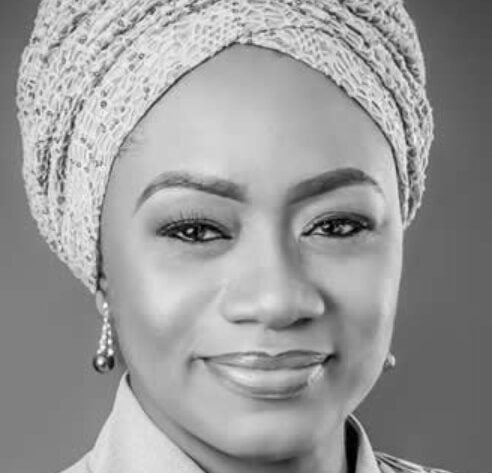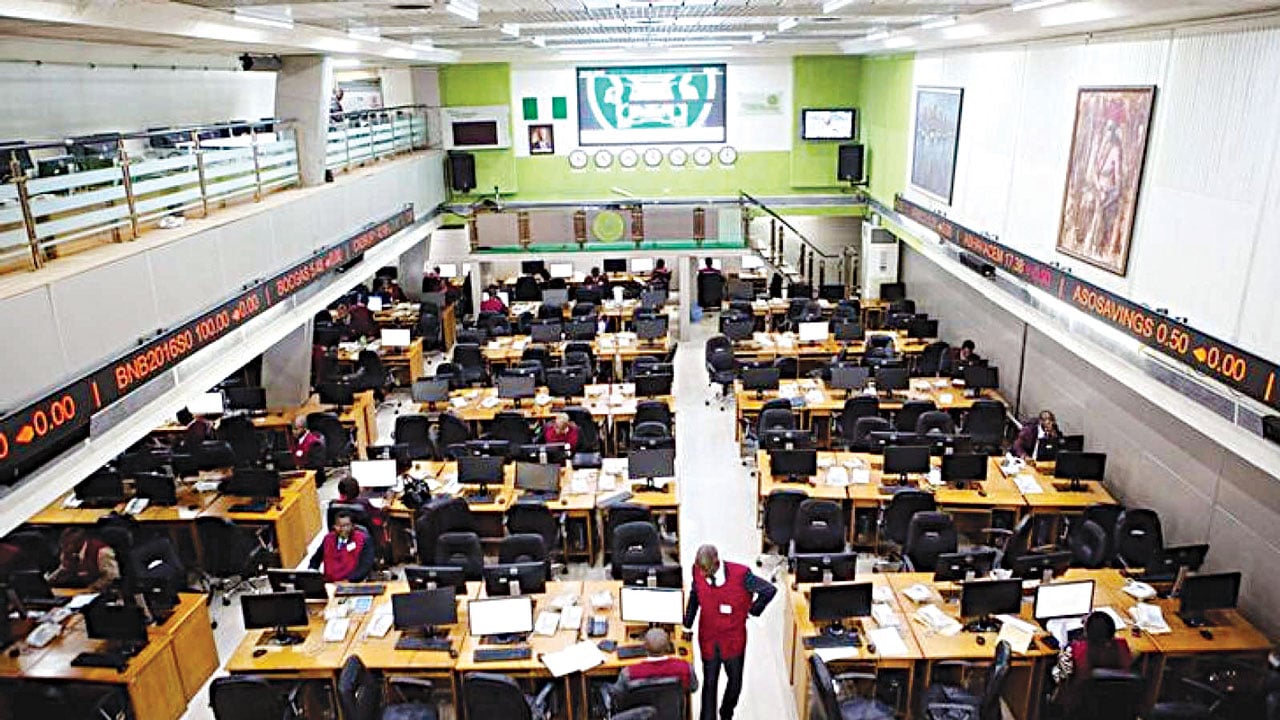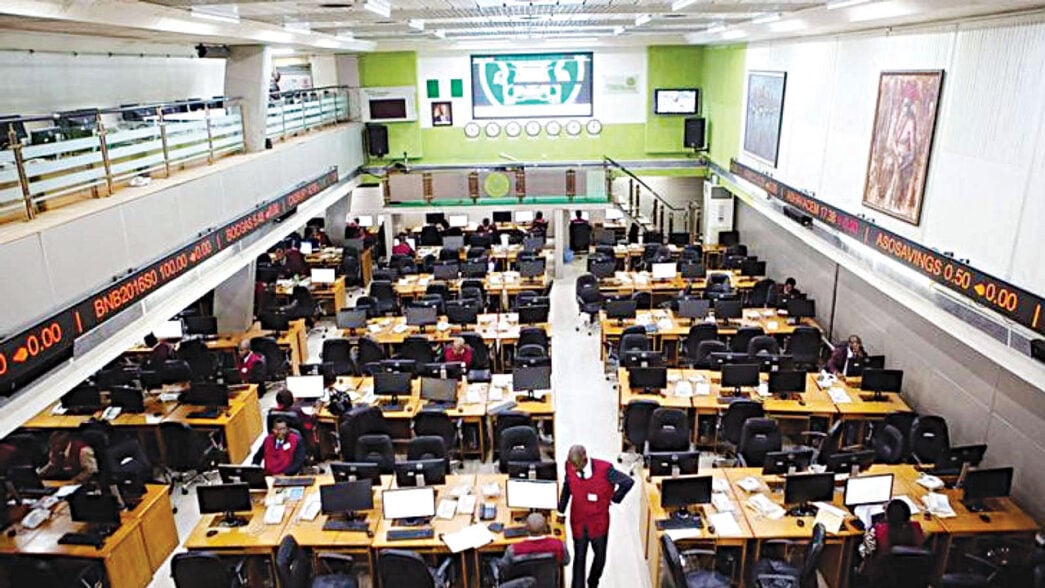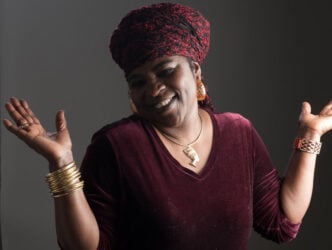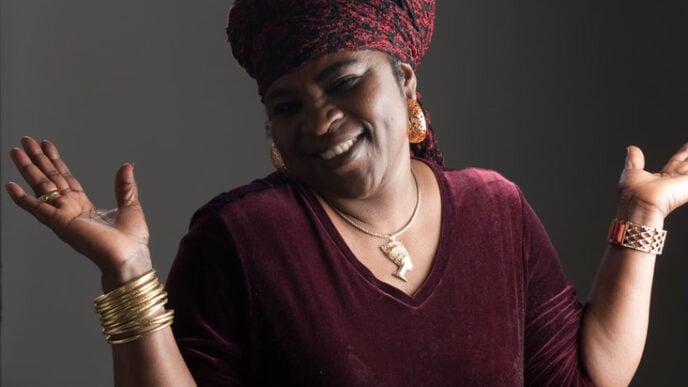Women’s exclusion from leadership in Nigeria’s economic governance has long been a defining weakness of our system. Despite their numbers and proven capabilities, women remain dramatically under-represented in leadership and in the spaces where financial and policy decisions are made.
Progress through advocacy and voluntary targets has been incremental at best. To shift the needle substantially, something stronger is required: clear mandates and quotas that compel institutions to open space for women in leadership. This has been proven. In 2013, the Central Bank of Nigeria introduced a policy requiring that at least 30% of bank board seats and 40% of senior management positions be held by women.
At the time, many doubted whether quotas would work. But that policy created the foundation for change. More than a decade on, the industry has more women in leadership than ever before, and the evidence of their impact is compelling. Leading banks – Fidelity, FCMB, GTB among
them –have demonstrated strong growth under female leadership while weathering macroeconomic shocks.
Their success shows that inclusion strengthens resilience, innovation, and profitability across the system. I saw these effects firsthand during my tenure as Deputy Governor for Financial System Stability at the CBN. Financial inclusion recorded its fastest rise in history: formal inclusion reached 64% in 2023, up from 56% in 2020, while overall inclusion climbed to 74%.
Advertisement
These gains were not accidental. They were the outcome of deliberate strategy: galvanizing national collaboration for the country financial inclusion strategy, mandates backed by accountability, complemented by initiatives I championed to make female empowerment an institutional priority—setting the tone at the Committee of Governors, introducing mentorship programmes such as the “100 Women Breakfast,” and advancing structural reforms that expanded the pipeline of women into leadership. The conclusion is unmistakable: when women are at the helm, institutions and economies are stronger.
Another lesson is clear – mandates work. They are not token gestures but structural commitments to fairness and systemic inclusion. By specifying targets for women in leadership and decision-making, the banking sector unlocked measurable economic and social benefits.
Customers gained access to products designed with women in mind. Women-led start-ups saw improved credit access. And the sector itself benefitted from stronger governance, greater innovation, and deeper resilience.
Advertisement
Yet across Nigeria’s wider economy, women remain underrepresented. Despite being more than half of the working-age population, female labour force participation lags well behind men’s, and the numbers thin further as careers progress. In financial services, women may make up nearly half of entry-level roles, but representation falls sharply at senior levels. The result is a persistent leadership gap that mirrors the barriers women face in access to finance.
The cost is enormous. The Gates Foundation’s What Women Want survey identifies lack of start-up capital as the top barrier preventing women from economic success. Women entrepreneurs consistently demonstrate resilience and strong repayment records, yet Nigeria’s women-owned SMEs face a financing gap of more than $20 billion. This is not just about fairness—it is foregone growth, lost productivity, and untapped prosperity.
Capital markets must now rise to the challenge. The Nigerian Exchange, pensions, asset management, and insurance sectors lag far behind banking on gender representation. If these institutions adopt mandates requiring 40% of leadership positions be held by women, the effects will be transformative. Products will better serve female investors and entrepreneurs. More diverse talent will flow into the system. Inclusion will accelerate far beyond banking.
Fairness is not rhetoric; it is a structural choice. As Gatefield’s Fair Start campaign reminds us, inclusion must be designed into the rules of the economy. Nigeria’s banking sector has already shown what is possible. Now it is time for capital markets—and every other sector—to follow
suit.
Advertisement
Banking set the standard. The future of inclusive growth depends on extending it.
Aishah N. Ahmad, CFA, OFR, is the Soniya Asusu Nupe, serving as an ambassador for economic and financial inclusion in excluded communities. She was deputy governor at the Central Bank of Nigeria (2018–2023) and is a trustee of WIMBIZ.
Views expressed by contributors are strictly personal and not of TheCable.
